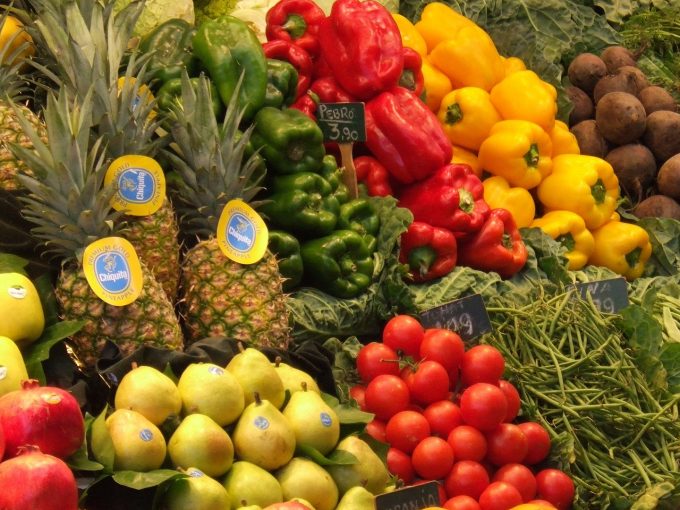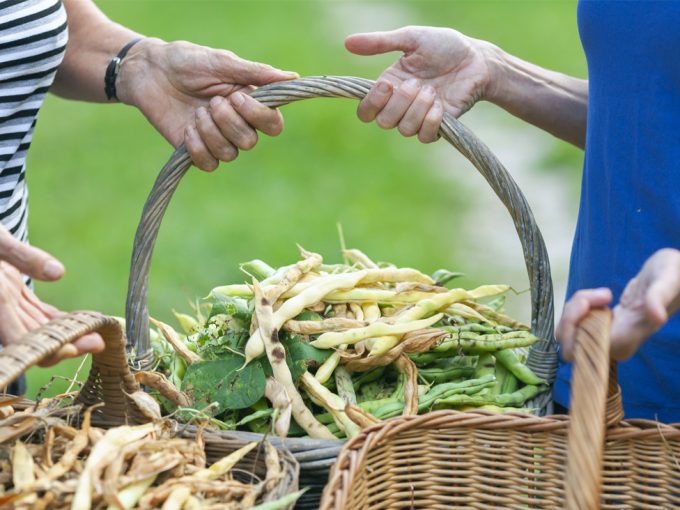As cities grow in size and consumption, sharing has been suggested as a possible means to conserve resources, prevent waste and provide new social and economic relations.
Urban food sharing, the theme of SHARECITY, a European Research Council funded project based at Trinity College Dublin, draws on a long history that is able to adapt and reinvent itself with emerging information and communication technologies. Led by Professor Anna Davies, SHARECITY explores the role of food sharing practices towards creating sustainable urban futures.
Now in its second year, outcomes from the team of researchers include a database of food sharing practices in 100 cities, ethnographic research in nine (soon to be ten) cities (Melbourne, Athens, Barcelona, Berlin, Dublin, London, New York City, Singapore and San Francisco with Zurich soon to commence), a growing body of articles, presentations, briefing papers, and a recent workshop at European Roundtable of Sustainable Consumption and Production in Skiathos, Greece. These efforts have visibalised the diversity of approaches, analysed their politics and outcomes, and identified the junctures where regulations, planning, desire, need and cross-cultural contexts combine towards designing a tool to support the uptake of urban food sharing.
SHARECITY Postdoctoral Research Fellow, Dr. Ferne Edwards who is also a RMIT Associate and for her research has been based at both RMIT Melbourne and Europe, has studied in-depth eight case studies who share produce, knowledge, skills and space ranging from urban agriculture to food waste reclamation to the shared meal. Edwards characterised Melbourne’s food sharing as more typically community-oriented with goals to overcome social isolation, while Barcelona’s rebellious history stems from movements such as 15M that has led to more activist and autonomous food sharing schemes as consumer cooperatives and shared gardens in long-standing squats.
A key outcome from the SHARECITY database and subsequent papers and presentations is the visualising of often small and disparate practices to show their number and diversity in modes, approaches and audience across cities. By conceptualising food sharing at a city level, initiatives from one city can inspire solidarity in beliefs and values, provide places on which to compare and contrast approaches, and can offer advice and experience to stimulate implementation elsewhere.
To see the SHARECITY research outcomes visit sharecity.ie.





